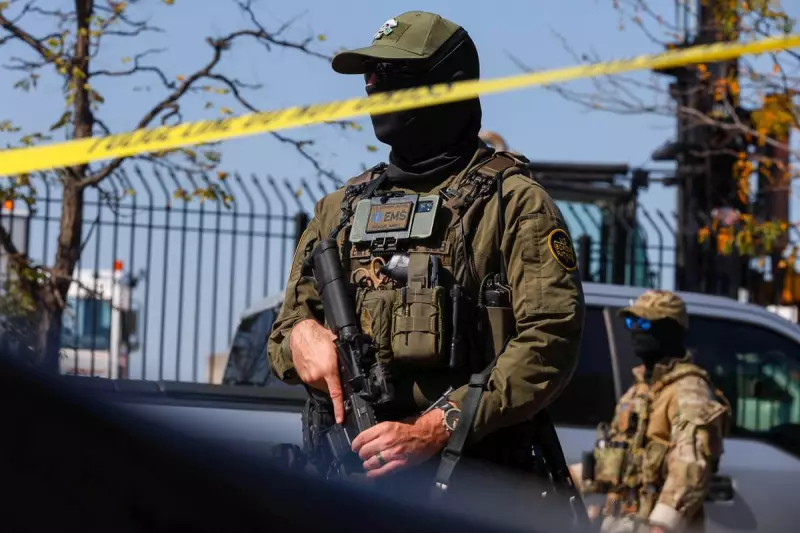
A Chicago woman remains in critical condition after being shot by federal immigration agents during a controversial home raid, raising serious questions about enforcement protocols and use of force.
Chaotic Scene in Residential Neighbourhood
The incident unfolded on Monday morning when Immigration and Customs Enforcement (ICE) agents arrived at a residential property in Chicago. According to preliminary reports, the situation escalated rapidly when agents attempted to execute an immigration enforcement operation.
Witnesses described a scene of chaos and confusion as multiple shots were fired, leaving a woman with life-threatening injuries. She was immediately transported to a nearby hospital where medical staff continue to fight to stabilise her condition.
Official Response and Investigation Launched
Both ICE and Chicago police have confirmed they are conducting separate investigations into the shooting. An ICE spokesperson stated that the incident occurred during “targeted enforcement operations” but provided limited details about what prompted agents to discharge their weapons.
Chicago Police Department representatives emphasised that their officers were not involved in the actual enforcement operation but responded to the scene following reports of gunfire. The department has launched its own review of the circumstances surrounding the shooting.
Community Leaders Demand Answers
Local community organisations and immigrant rights advocates have expressed outrage over the incident, calling for full transparency and accountability. “This is exactly why many in our community live in constant fear,” said Maria Rodriguez, director of the Chicago Immigrant Rights Coalition.
Protesters gathered near the scene hours after the shooting, demanding a thorough investigation and renewed scrutiny of immigration enforcement tactics. “We need to know why deadly force was used during what should have been a routine operation,” Rodriguez added.
Ongoing Tensions Over Immigration Enforcement
The shooting occurs amid heightened tensions between federal immigration authorities and local communities across the United States. Chicago has long considered itself a “sanctuary city,” limiting its cooperation with federal immigration enforcement efforts.
This incident is likely to reignite debates about the appropriate scope and methods of immigration enforcement, particularly the use of force during operations targeting non-violent immigration violations.
As investigations continue, community members await answers while the wounded woman fights for her life in hospital.





